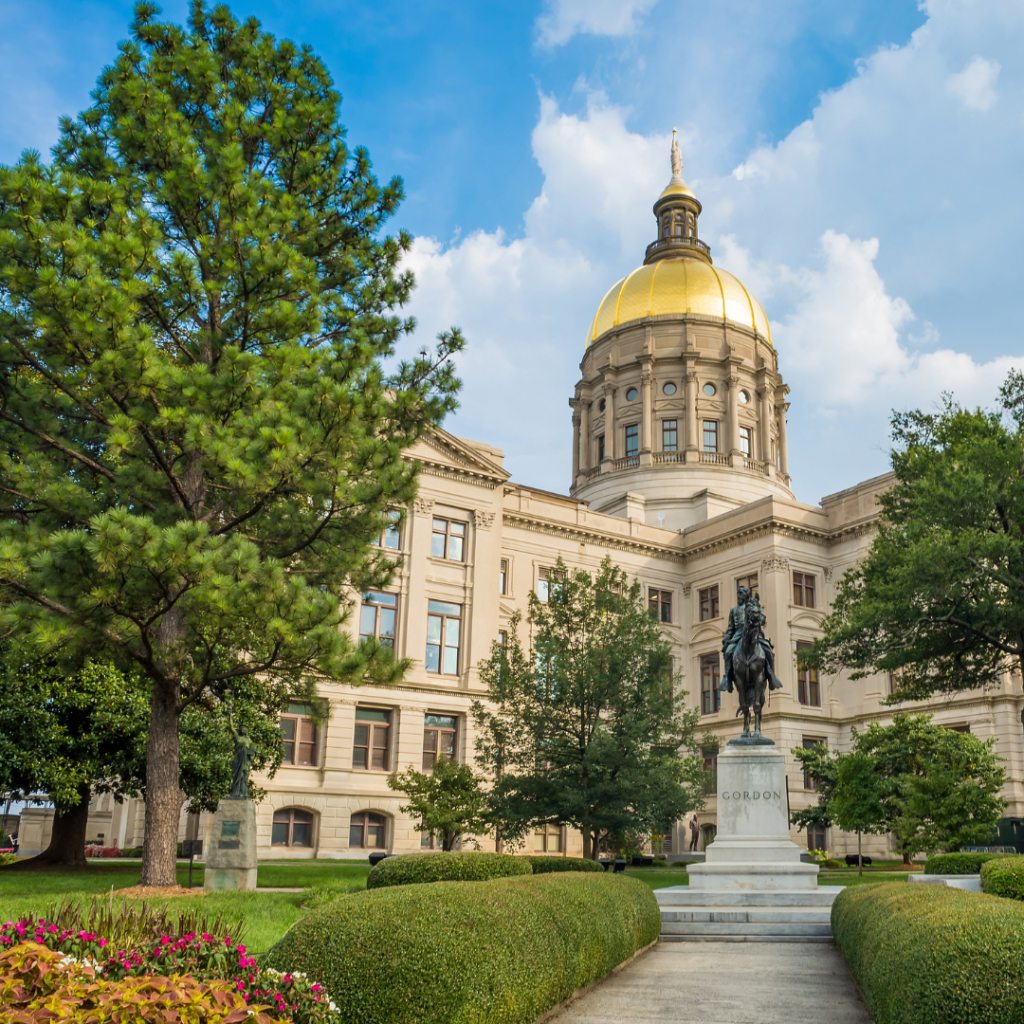Pride in the PSC
Pridemore has stood firm with an eye on what’s best for Georgia in the long term, not what’s most politically expedient.
 Tricia Pridemore talks about Georgia’s energy policy the way a grandmother talks about her grandchild or University of Georgia fans talk about their football team: It’s simply the best, and everyone else just needs to accept it. She’ll run for re-election to the state’s utility-regulating Public Service Commission next year – the only nonjudicial statewide official on the ballot when we vote for president – with a vow to fight off federal power grabs that would throw Georgia off its successful course.
Tricia Pridemore talks about Georgia’s energy policy the way a grandmother talks about her grandchild or University of Georgia fans talk about their football team: It’s simply the best, and everyone else just needs to accept it. She’ll run for re-election to the state’s utility-regulating Public Service Commission next year – the only nonjudicial statewide official on the ballot when we vote for president – with a vow to fight off federal power grabs that would throw Georgia off its successful course.
“We do it right,” says Pridemore, one of five commissioners elected statewide with the purpose of ensuring Georgians get safe, reliable and fairly priced telecommunications, electricity and natural gas. “We have the right mix with an independent commission and investor-owned utility.”
In Pridemore’s opinion, that right mix has led to Georgia families and businesses benefiting from diversified energy sources that have proved reliable, from the freezing, seven-degree temps of Christmas 2022 to the record-breaking heat of this year’s summer, and at prices lower than the national average. She’ll quickly point out that while other states have seen energy system breakdowns in recent years, Georgia has not.

Plant Vogtle Unit 3 (left) and Unit 4 (right): photo credit: Georgia Power Company all rights reserved.
A Republican appointed to an open seat on the PSC in early 2018, Pridemore won election to a six-year term that November, with the highest vote total of any woman in a winning campaign in Georgia history. (Other women got more votes but didn’t win.) To better her chances at re-election she’ll need to outperform the top of her party’s ticket, just as her Republican colleague Commissioner Bubba McDonald did when he won in the 2020 runoff at the same time Sens. David Perdue and Kelly Loeffler lost.
Pridemore will have to reach enough ticket-splitting voters with the story of how her record has benefited their families and why she’s a better choice than the Democrat for a term that will span the rest of the decade.
“I’m not a consumer advocate; I’m not a utility advocate,” says Pridemore. “I want the best possible system for Georgia. I want a financially healthy and stable utility and for the customer to get the best value they can.”
Pridemore has stood firm with an eye on what’s best for Georgia in the long term, not what’s most politically expedient. Most important for the state and nation, the PSC has worked alongside Georgia Power and thousands of skilled laborers to deliver the first new nuclear reactors in the United States in 30 years.
The two new reactors at Plant Vogtle in Burke County are “globally important,” Pridemore says. “It signals to geopolitical foes that we will be energy independent. The United States put nuclear on the shelf 40 years ago and in the meantime, gas prices went up and sources became less reliable. This is a testament to Georgia’s willingness to take care of ourselves.”
University of Georgia engineering associate professor David Gattie, a leading voice on national energy policy, agrees the state is taking care of business.
“We are the only state in the nation that is offsetting a reduction in baseload coal with new nuclear, natural gas and solar while building electric vehicle and battery infrastructure and while maintaining reliability and keeping costs and rates down,” Gattie says. “Our PSC has stuck to its guns on Vogtle and didn’t react to the right or the left. They did what Georgia has always done, which is focus on reliability.”
Georgia is responsibly reducing its carbon emissions but without the reduced reliability and price spikes seen in states like California and New York that have tried to move to renewable energy too quickly. Gattie says the Biden administration wants to nationalize energy policy in the mold of these ultra-progressive states. In other words, this would force Georgia away from strategies that are working to a one-size-fits-all policy that will take us backward.
Pridemore vows she’ll continue the fight to stop the Biden power grab, and she’s well positioned to do so as she’s now in line to become president of the National Association of Regulatory Utility Commissioners. That means that she’ll stay on the front lines not only here but nationally.
“I do not want the federal government to take over electricity transmission,” Pridemore says. “States understand it, and state control is not a hindrance to renewables.”
In 2024, Georgia voters will get a say in national policy in the presidential election – and in the Public Service Commission one, as well.






